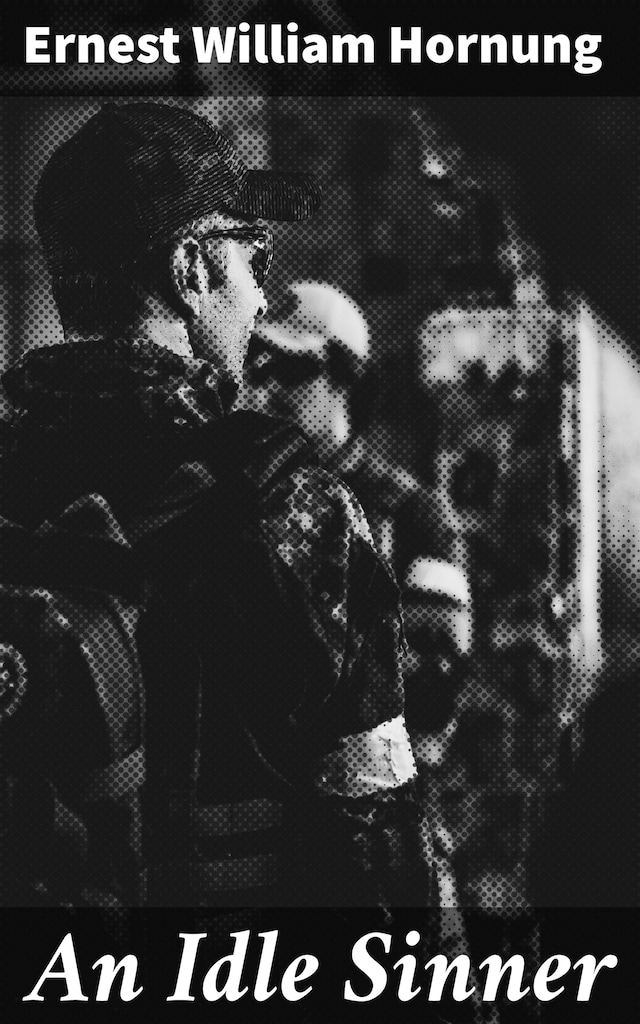
An Idle Sinner
A Victorian Tale of Morality and Decadence
Description of the book
In "An Idle Sinner," Ernest William Hornung crafts a compelling narrative that intricately weaves themes of morality, sin, and redemption within a vibrant literary style marked by sharp wit and keen observation. This novella delves into the psyche of its protagonist, exploring the labyrinth of guilt and self-discovery against the backdrop of Victorian society's stringent moral codes. Through vivid characterizations and cleverly constructed dialogues, Hornung articulates a nuanced critique of the societal norms, merging elements of humor with profound philosophical inquiries about the nature of sin and the capacity for change, making it a notable work of its time. Hornung, best known for his creation of the Raffles character, brings a unique perspective to the exploration of the human condition through this work. His background as a writer and playwright, imbued with personal experiences and reflective of the moral complexities of his era, informs much of the thematic depth found in "An Idle Sinner." Hornung's keen observations of social mores and his own encounters with ethical dilemmas serve as a fertile ground for the moral quandaries presented in the novella. Recommended for readers seeking a thoughtful examination of moral ambiguity, "An Idle Sinner" invites contemplation on the intricate balance between vice and virtue. Hornung's adept storytelling and rich character development offer both entertainment and intellectual stimulation, making this work a valuable addition to the canon of early 20th-century literature.
 Ernest William Hornung
Ernest William Hornung 36 Pages
36 Pages